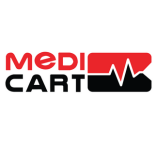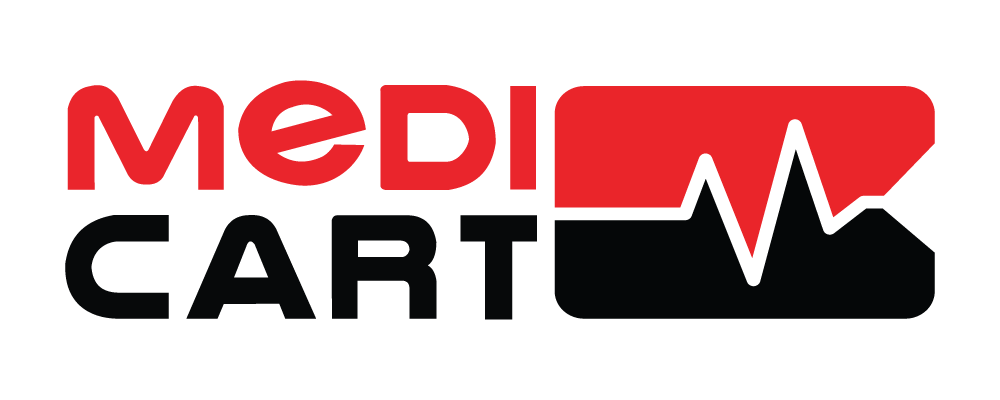Description
Contents
Levothyroxine
Indications/Uses
Euthyrox 25 – 100 microgram: Treatment of benign euthyroid goitre, mainly in adults when iodine is not indicated.
Prophylaxis of relapse after surgery for euthyroid goitre, depending on the post-operative hormone status.
Substitution therapy in hypothyroidism.
Suppression therapy in thyroid cancer.
Concomitant supplementation during anti-thyroid drug treatment of hyperthyroidism.
Euthyrox 100 microgram: Diagnostic use for thyroid suppression testing.
Dosage/Direction for Use
In order to treat each patient according to his/her individual needs, tablets are available with a levothyroxine sodium content ranging from 25 to 200 microgram. Patients therefore usually need to take only one tablet per day.
The dosage recommendations given are only for guidance.
The individual daily dose should be determined on the basis of laboratory tests and clinical examinations. As a number of patients show elevated concentrations of T4 and fT4, basal serum concentration of thyroid-stimulating hormone provides a more reliable basis for following treatment course.
Thyroid hormone therapy should be started at low dose and increased gradually every 2 to 4 weeks until the full replacement dose is reached.
Paediatric population: For neonates and infants with congenital hypothyroidism, where rapid replacement is important, the initial recommended dosage is 10 to 15 micrograms per kg BW per day for the first 3 months. Thereafter, the dose should be adjusted individually according to the clinical findings and thyroid hormone and TSH values.
In elderly patients, in patients with coronary heart disease, and in patients with severe or long-existing hypothyroidism, special caution is required when initiating therapy with thyroid hormones, that is, a low initial dose (for example 12.5 microgram/day) should be given which should then be increased slowly and at lengthy intervals (e.g. a gradual increment of 12.5 microgram/day fortnightly) with frequent monitoring of thyroid hormones. A dosage, lower than optimal dosage giving complete replacement therapy, consequentially not resulting in a complete correction of TSH level, might therefore need to be considered.
The dosage recommendations given are only for guidance.
The individual daily dose should be determined on the basis of laboratory tests and clinical examinations. As a number of patients show elevated concentrations of T4 and fT4, basal serum concentration of thyroid-stimulating hormone provides a more reliable basis for following treatment course.
Thyroid hormone therapy should be started at low dose and increased gradually every 2 to 4 weeks until the full replacement dose is reached.
Paediatric population: For neonates and infants with congenital hypothyroidism, where rapid replacement is important, the initial recommended dosage is 10 to 15 micrograms per kg BW per day for the first 3 months. Thereafter, the dose should be adjusted individually according to the clinical findings and thyroid hormone and TSH values.
In elderly patients, in patients with coronary heart disease, and in patients with severe or long-existing hypothyroidism, special caution is required when initiating therapy with thyroid hormones, that is, a low initial dose (for example 12.5 microgram/day) should be given which should then be increased slowly and at lengthy intervals (e.g. a gradual increment of 12.5 microgram/day fortnightly) with frequent monitoring of thyroid hormones. A dosage, lower than optimal dosage giving complete replacement therapy, consequentially not resulting in a complete correction of TSH level, might therefore need to be considered.
*The product images shown are for illustration purposes only and may not be an exact representation of the product.






